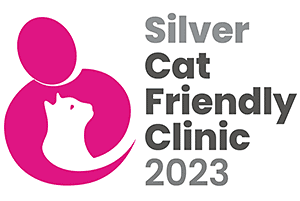Outpatient CT for referring vets
CT (Computed Tomography, also known as CAT scan) is a diagnostic tool that has long been essential in human medicine and now is vital in Veterinary Medicine.
We are accepting outpatient referrals for CT from veterinary practices nationwide.
We have a Toshiba Aquilion 32 slice scanner in our dedicated CT building adjacent to our hospital in MyVet Lucan.
1. Book your patent's CT scan online
This takes 2-3 minutes.
You will need to leave vet contact details (for reports), owner details and pet details and a short history We can give you an idea of cost and time of appointment – if available appointments don’t suit please call us.
2. We carry out CT scan requested
Our radiographers are experienced with CT – they will get the best images which are sent to a specialist who will write the report.
3. We send report directly to you
Report is usually issued in 2-3 days.
Urgent CTs and reports can be carried out with a 4-6 hour turnaround - additional charges apply.
4. You continue patient care
We are happy to provide referring vets with further help.
We will respond to any queries for the referring vet practice about the report and you continue to deal directly with your client and your patient
Outpatient CT for pet owners
1. You or your vet book a date for CT
We must have a referral from your vet to proceed.
2. We confirm with your vet
If your vet doesn't make the booking directly, we will make contact with them before we can proceed.
3.Your pet will have an anaesthetic and CT scan
One of our team members will meet you and admit your pet for the day.
Your pet will need a sedation or general anaesthetic in order to have a CT scan.
4. Your vet will receive the CT report and continue care
We are happy to provide referring vets with further help.


